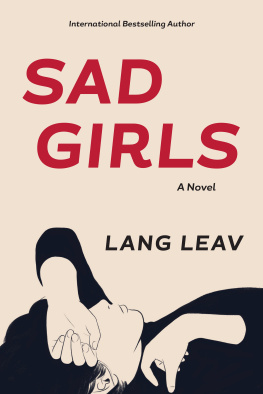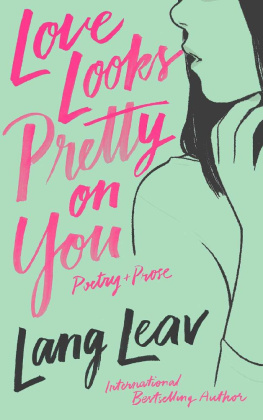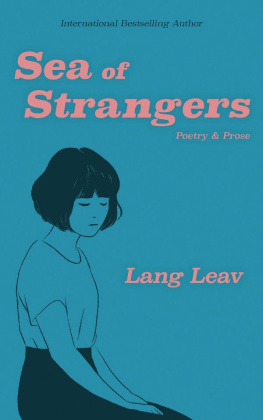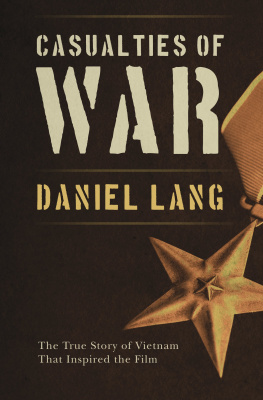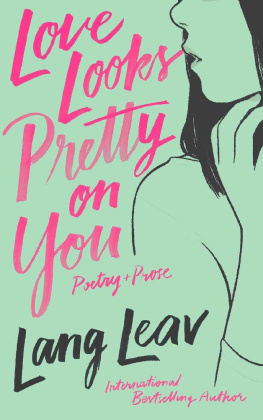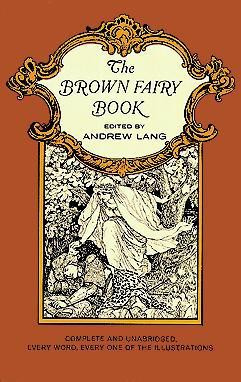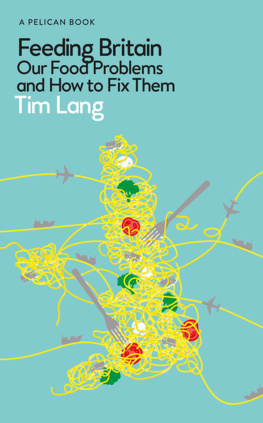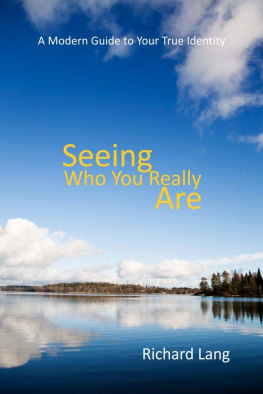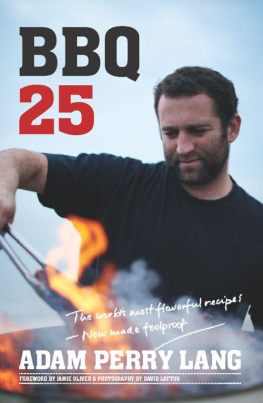Lang Leav - Sad Girls
Here you can read online Lang Leav - Sad Girls full text of the book (entire story) in english for free. Download pdf and epub, get meaning, cover and reviews about this ebook. year: 0, genre: Art. Description of the work, (preface) as well as reviews are available. Best literature library LitArk.com created for fans of good reading and offers a wide selection of genres:
Romance novel
Science fiction
Adventure
Detective
Science
History
Home and family
Prose
Art
Politics
Computer
Non-fiction
Religion
Business
Children
Humor
Choose a favorite category and find really read worthwhile books. Enjoy immersion in the world of imagination, feel the emotions of the characters or learn something new for yourself, make an fascinating discovery.
Sad Girls: summary, description and annotation
We offer to read an annotation, description, summary or preface (depends on what the author of the book "Sad Girls" wrote himself). If you haven't found the necessary information about the book — write in the comments, we will try to find it.
Lang Leav: author's other books
Who wrote Sad Girls? Find out the surname, the name of the author of the book and a list of all author's works by series.
Sad Girls — read online for free the complete book (whole text) full work
Below is the text of the book, divided by pages. System saving the place of the last page read, allows you to conveniently read the book "Sad Girls" online for free, without having to search again every time where you left off. Put a bookmark, and you can go to the page where you finished reading at any time.
Font size:
Interval:
Bookmark:



In memory of
Nicole Lewanski
May your love of books
live on in others.

PART ONE
The Girl Who Cried Wolf
But you cant make people listen. They have to come round in their own time, wondering what happened and why the world blew up around them.
Ray Bradbury, Fahrenheit 451
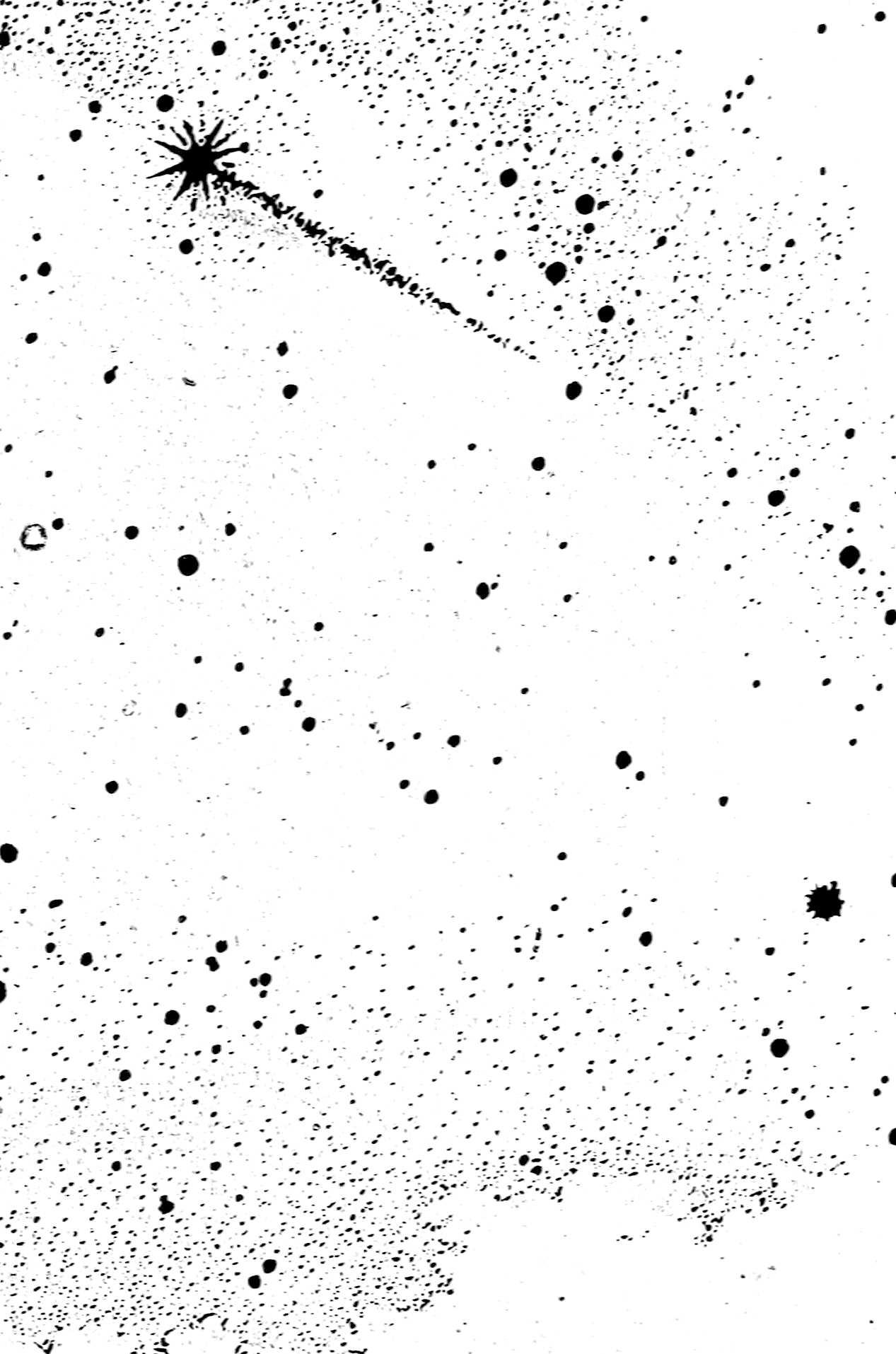

Death, like fiction, is brutal in its symmetry. Take this story and strip it downall the way backuntil you are left with two points. Two dots on a vast, blank canvas, separated by a sea of white. Here, we have come to the first point, where the bath is drawn and the hand is reaching for the razor blade. I will meet you at the next, by the axle of a screaming wheel, the revolution of a clock, the closing of an orbit.

One
I was three weeks shy of turning eighteen when I was struck with the cruel affliction of anxiety. It came in the form of a panic attack, seemingly from nowherea bolt from the blue. Like a thunderclap in my chest, an icy river down the length of my spine. Terror and confusion clawed at the edges of my brain as I clutched fistfuls of the sweat-soaked bedsheets I had slept fitfully in, just moments before. As my mind struggled to comprehend this new and frightful development, there was a dim thought that echoed through the midst of my blind panic. It told me, with a chilling certainty, that nothing would ever be the same again.
I have no doubt that the sudden onset of my anxiety had everything to do with the lie. To this day, I do not know why that terrible untruth spilled from my lips. But as soon as it did, the lie formed a life of its own. It became an evil presence, a curse. I told this wicked lie one ill-fated night to my two best friends, Lucy and Candela, who were sworn to secrecy on the lives of their loved ones. Lucy offered up her mother, and Candela, her sister Eve.
Perhaps I had wanted to create some kind of commotion, something to break the monotony. Like the boy who cried wolf, tricking the nearby villagers for his own amusement. Whatever the reason, the lie caused a chain of events that I did not foresee. The culmination of which still haunts me to this very day. For I have no doubt that my life and the lives of my two best friends would have been different if that night had never happened. If the lie that left my lips had only slipped away without the opportunity to persist, like a brewing storm, pushed out to sea, to dissipate over the restless waves. Like the night I absentmindedly boarded the wrong bus, carrying bits of change in my pocket and a phone with a dead battery, only to realize I was being driven farther and farther into a bad part of town. And my dilemma was whether I should trust the bus driver to take me back to the depot where I could call my parents to collect me or whether I should alight at the next stop and try to find my way back to familiar territory.
I chose the latter, and it just so happened that my father, on his way home from a late meeting, had turned the corner just as I was getting off the bus. If I had stayed on the bus, perhaps the man who reeked of gin, who had looked at me sideways once too often, had become aware of my predicament. How many stories do we hear about young girls who find themselves in the wrong part of town and are never found again? I could have become another statistic, but, instead, I was safe, riding shotgun with my dad, stopping by our local supermarket to pick up groceries on our way home.
The situation I was in led me to think of all the possible outcomes where I could have been abducted, raped, or murdered. At times, the scenarios I pictured were so graphic they left me wondering whether, perhaps, there is another version of me somewhere that has lived it. Maybe we slip in and out of alternate worlds through our minds and our imaginations, picking up scar tissue from other dimensions.
My recollection of the night I told that lie is just as vivid as if it were yesterday. I remember how the words tumbled from my mouth, my mind unsure of how the story was being formed, like a spider that spins its first web without any comprehension of where the ability was acquired.
I can recall the looks on the faces of my two best friends, their eyes wide with horror and disgust. I saw them through the window, I had said earnestly, when I was collecting for the Red Cross. I was known to be an honest person, and unless it was completely outrageous, my word was as good as any. The window I was referring to belonged to a house I walked by every day on my way to school, and it was easy to furnish it with my half-truths and utter fabrications. Shortly after the establishment of the lie, a fight broke out between me and Candela, who cried tears of disbelief and wanted to confront the protagonist of my carefully crafted narrative. Realizing this would implicate me, I did my best to dissuade her from doing soa decision I now deeply regret.
Indeed, if the lie had been kept contained among the three of us, it would have ended there. If it were to come up in conversation years later, I would have admitted it was purely fictional and that I had no idea what drove me to create such a story. However, without our knowledge, Eve, Candelas kid sister, had her ear pressed against the other side of the door, and she later relayed our conversation to Candelas mother. It was the opening the lie had been waiting for. Through this channel, it slipped beyond my reach and spread through our small town of Three Oaks like wildfire.
All at once, everyone knew the sordid details of the lie I had fabricated; it was blindly accepted as truth. It was apparent that Candelas mother had not given away any specifics of how she came by the rumor, as no one seemed to know its true origin. In the dying embers and blackened twigs of a ravaged forest, who could distinguish where the first spark was lit? Only the arsonist knows the exact location where that match was struck.
Days later, the victim of my deceitseventeen-year-old Anawas found in her familys white porcelain bathtub, with blood gushing and bubbling from her two delicate wrists. It was on the same night that I suffered my first panic attack.

Two
Ana was the original sad girl. She held the unofficial title long before her death. We all became sad girls after that. At her funeral, everyone wore black because it was customary and because it was the color that best defined Ana.
We learned in art class that, technically, black is not a color but, rather, the absence of it. Black is a shadeone that holds its presence in every gradation of gray, departing only with its transition into white. I have always thought of white as a clean slate, an unwritten page. A snow-covered field or a wedding dress. White is starting over, an absolution from your sins. That day, I was the furthest away from white that I could possibly be.
Font size:
Interval:
Bookmark:
Similar books «Sad Girls»
Look at similar books to Sad Girls. We have selected literature similar in name and meaning in the hope of providing readers with more options to find new, interesting, not yet read works.
Discussion, reviews of the book Sad Girls and just readers' own opinions. Leave your comments, write what you think about the work, its meaning or the main characters. Specify what exactly you liked and what you didn't like, and why you think so.

